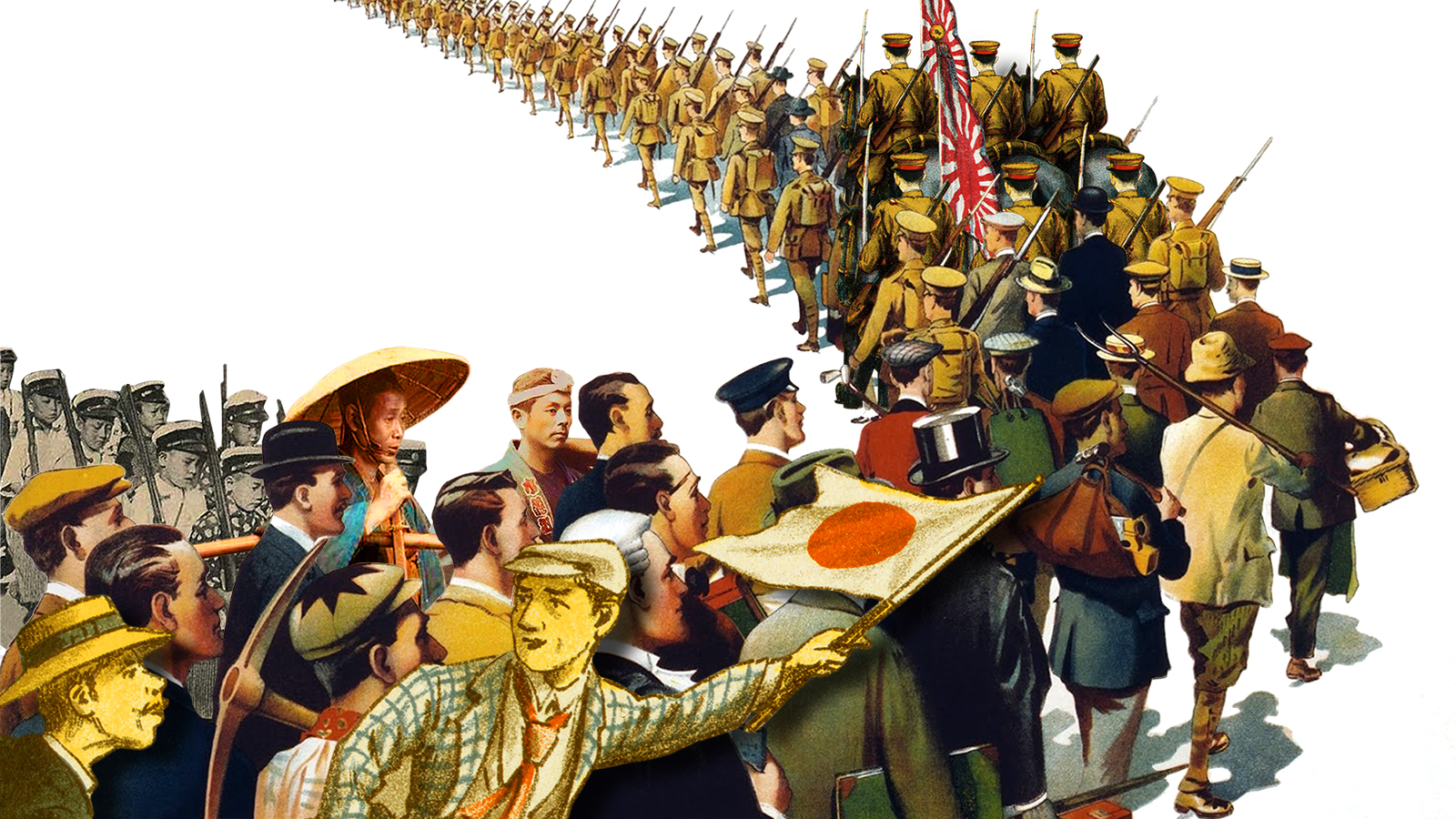Among mainstream accounts of World War I, Japan does not typically play a prominent role. Most historical records concentrate on the European theater, where the war started and was the bloodiest, far from Japan. There were no Japanese land battles to equal Verdun, or sea battles to match Jutland. In the grand sweep of the Great War, Japan played only a peripheral role.
Yet from the perspective of Japan itself, the view is quite different. World War I was the country's first truly global conflict, the first in which it allied with and fought alongside foreign powers. The war had an enormous impact on the country at all levels — political, economic and social. Japanese forces fought and died closer to the Western Front than is commonly realized, hunting submarines and protecting convoys in the Mediterranean Sea.
Japan's war motives were not entirely pure, for it seized territory that also served to expand the Japanese empire. As useful as the war proved to Japan, it also set the country on the path to being a key participant in World War II. Mistrust of the West, sown at the end of the war, as well as a sense of arrogance and destiny would put Japan on a collision course with the Allies of World War II, and lead to Japan's ruin.



